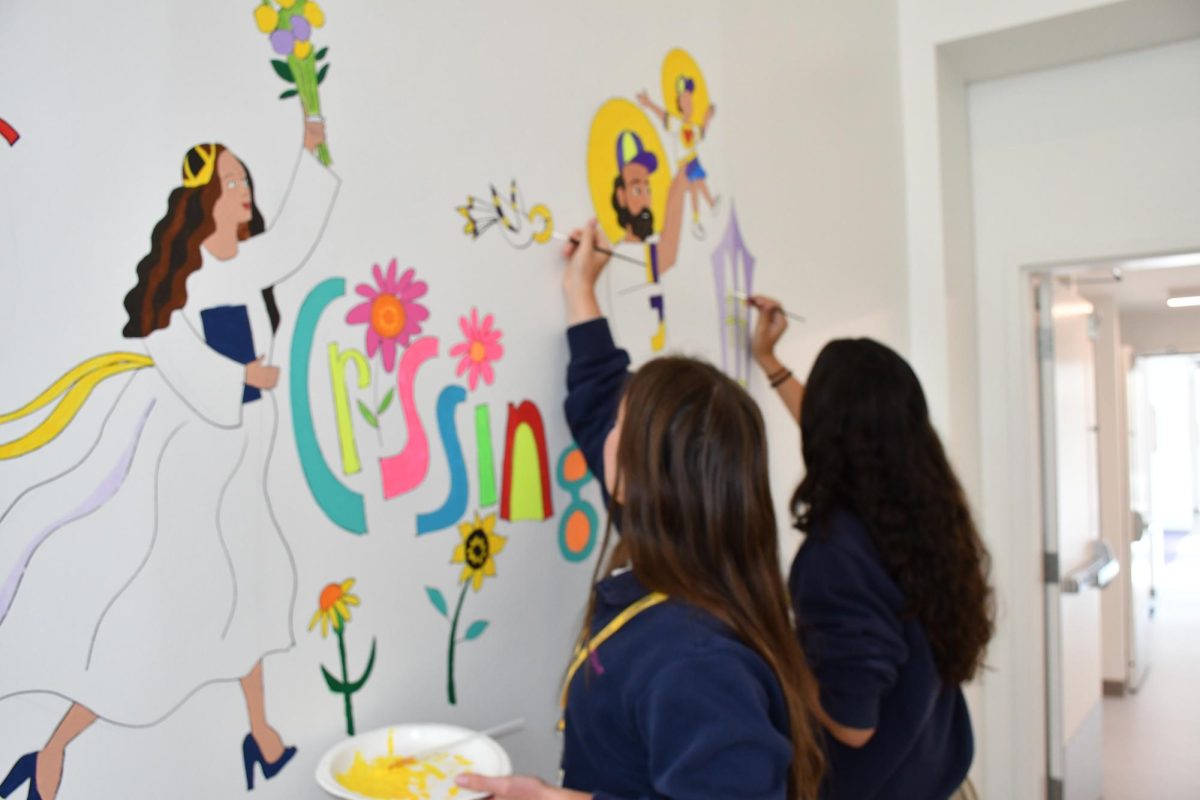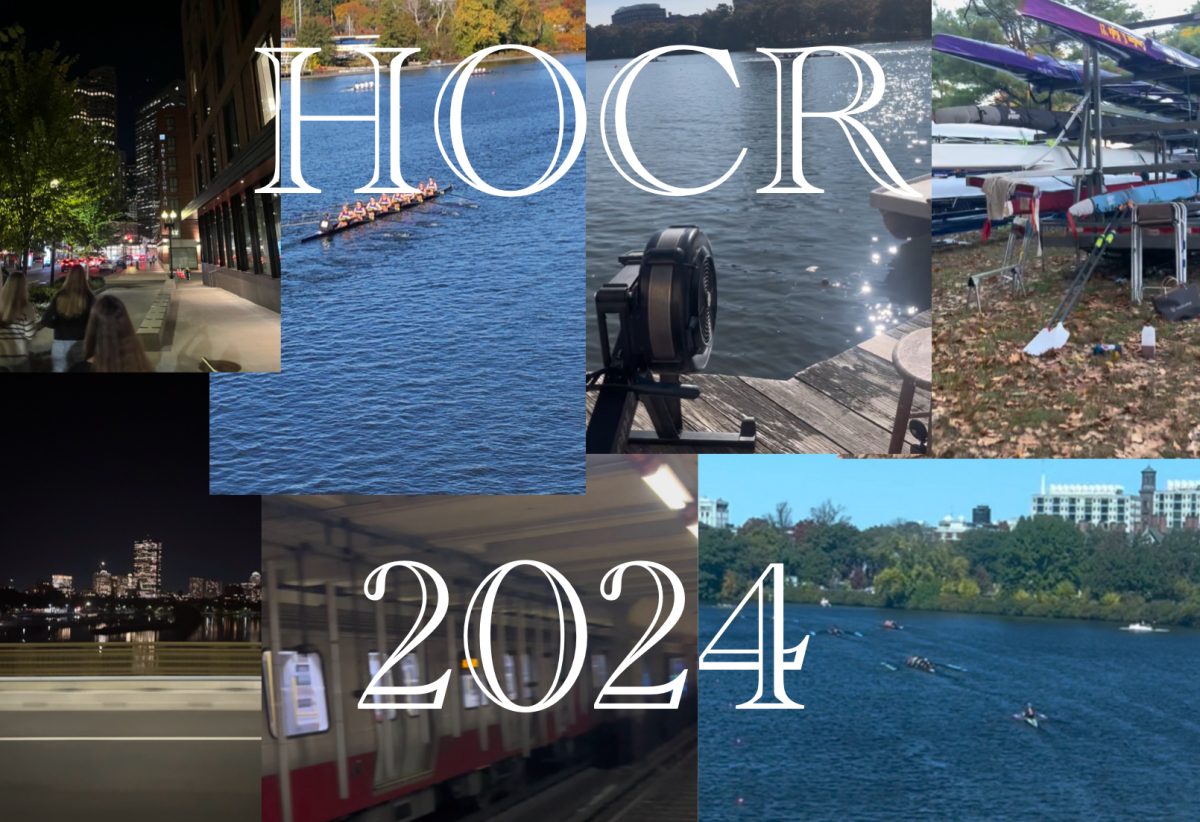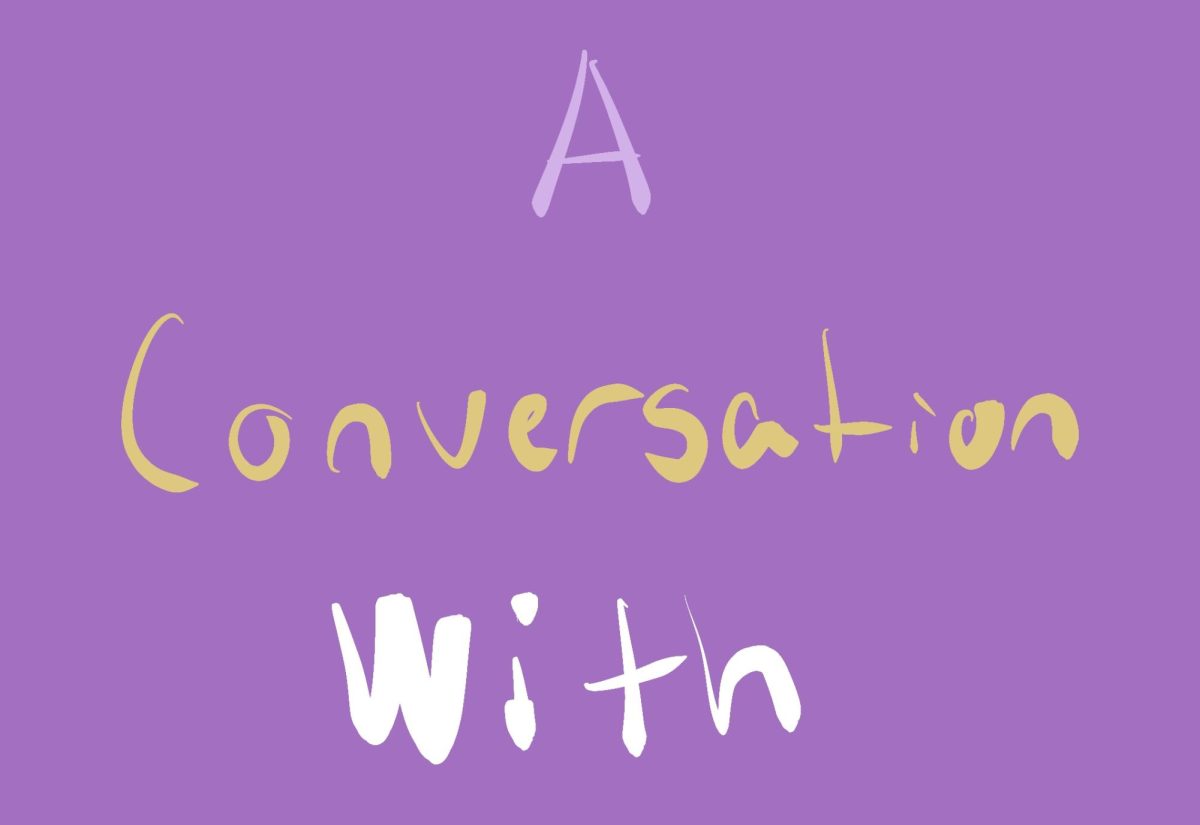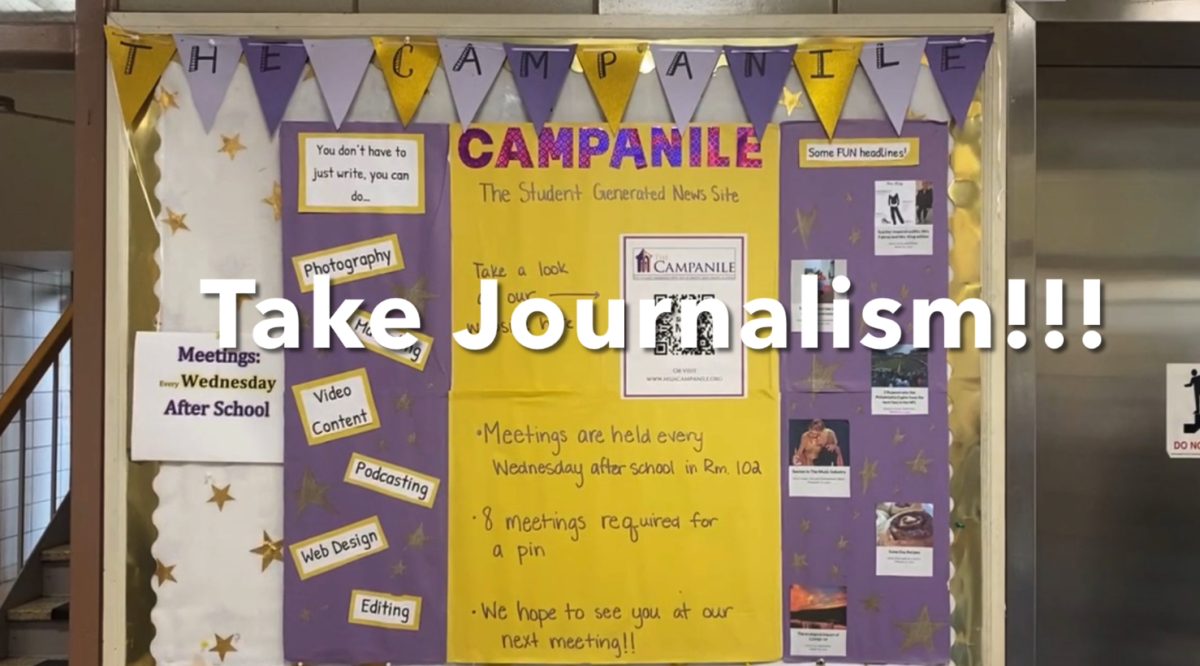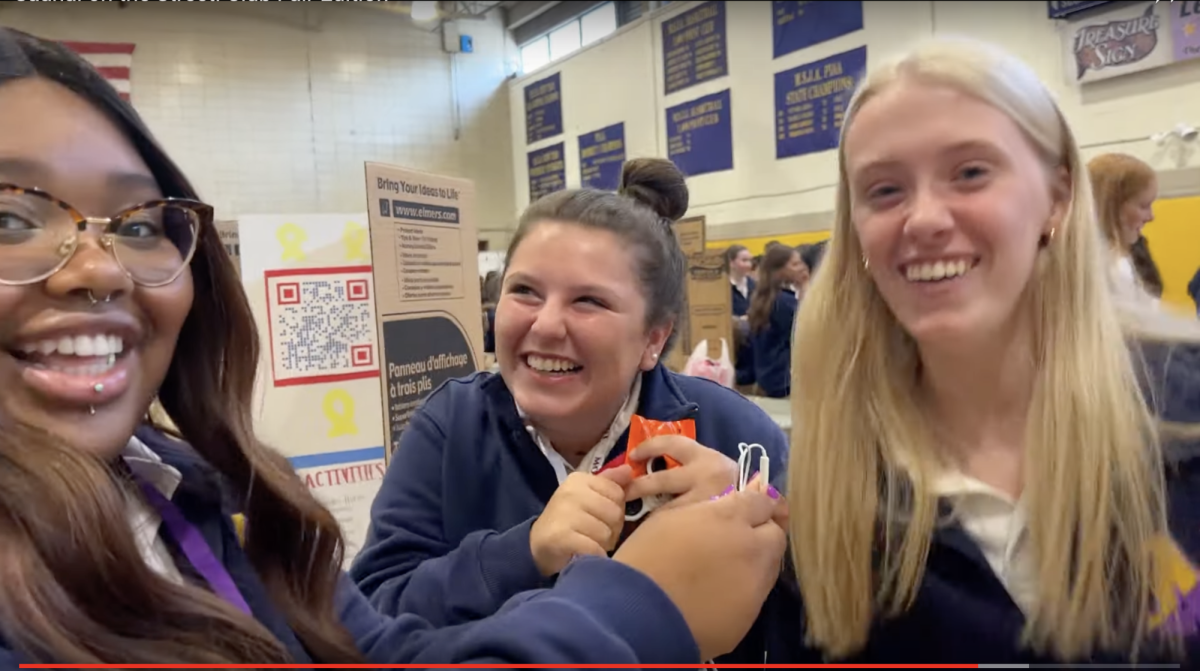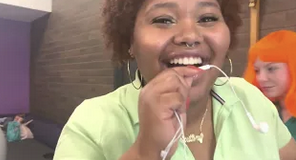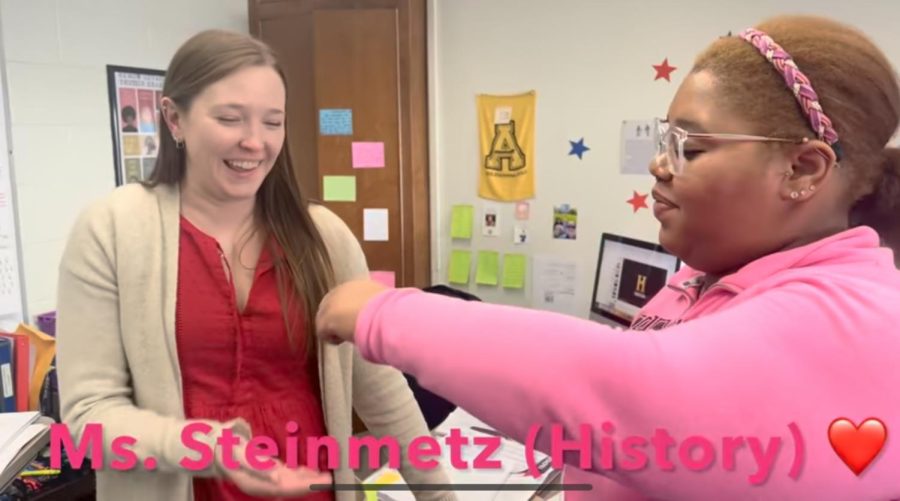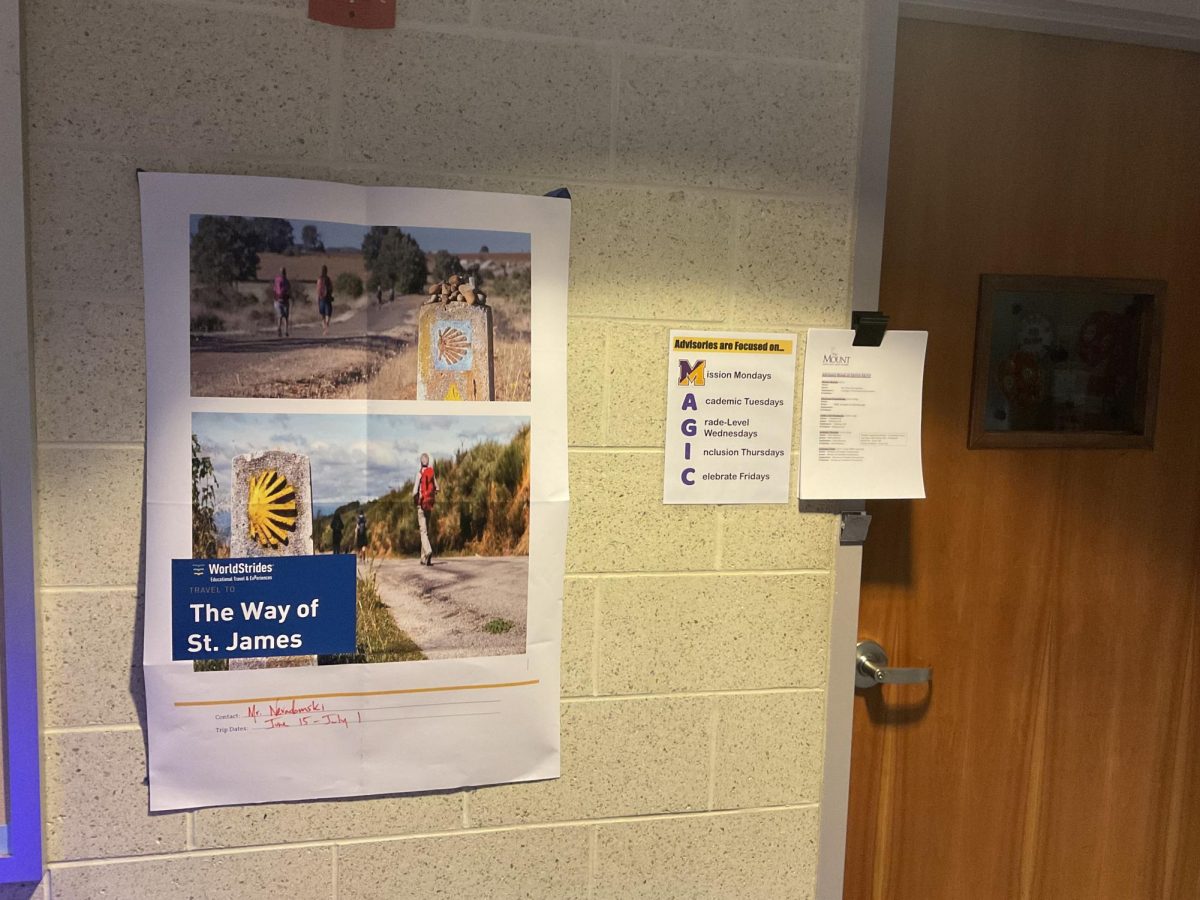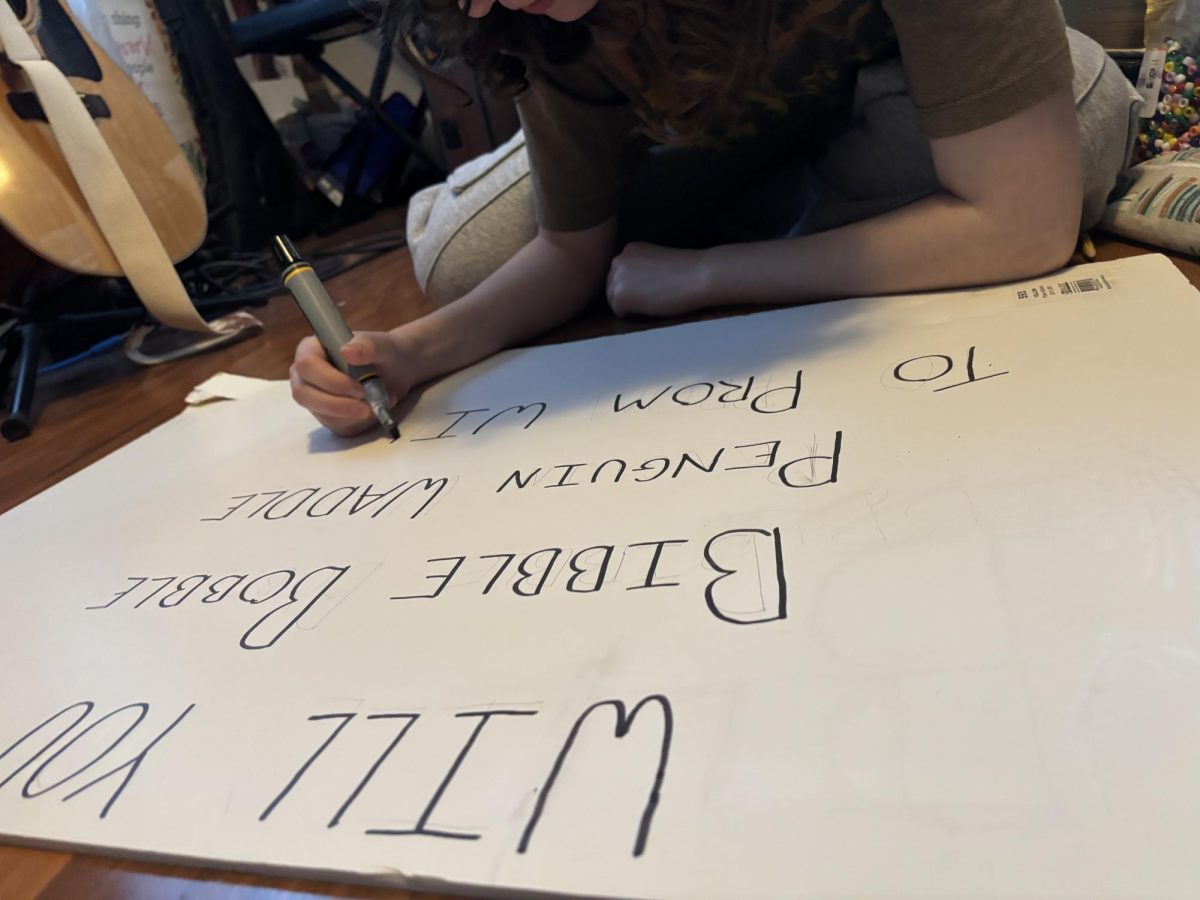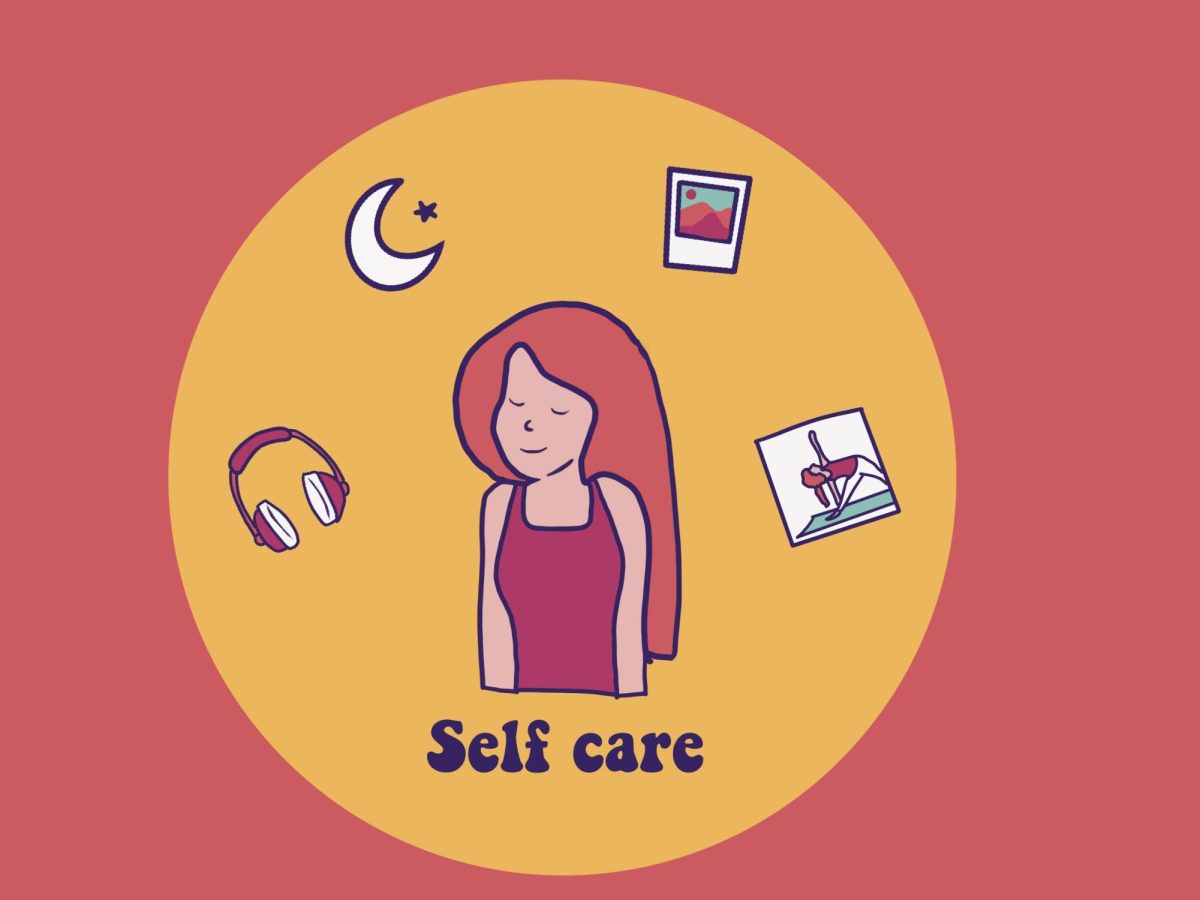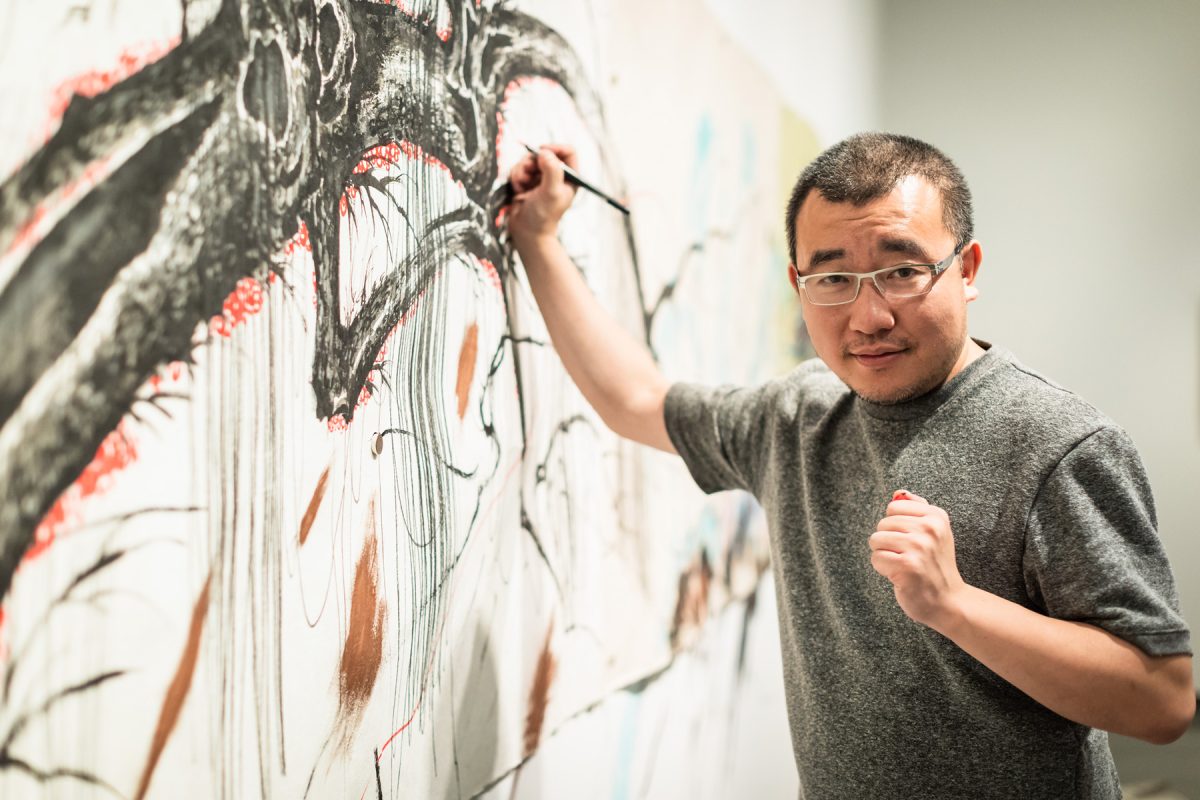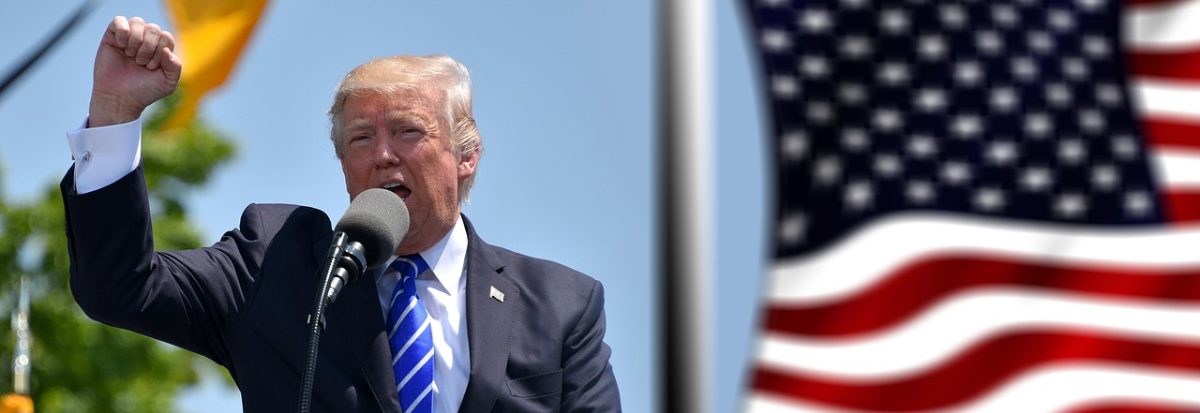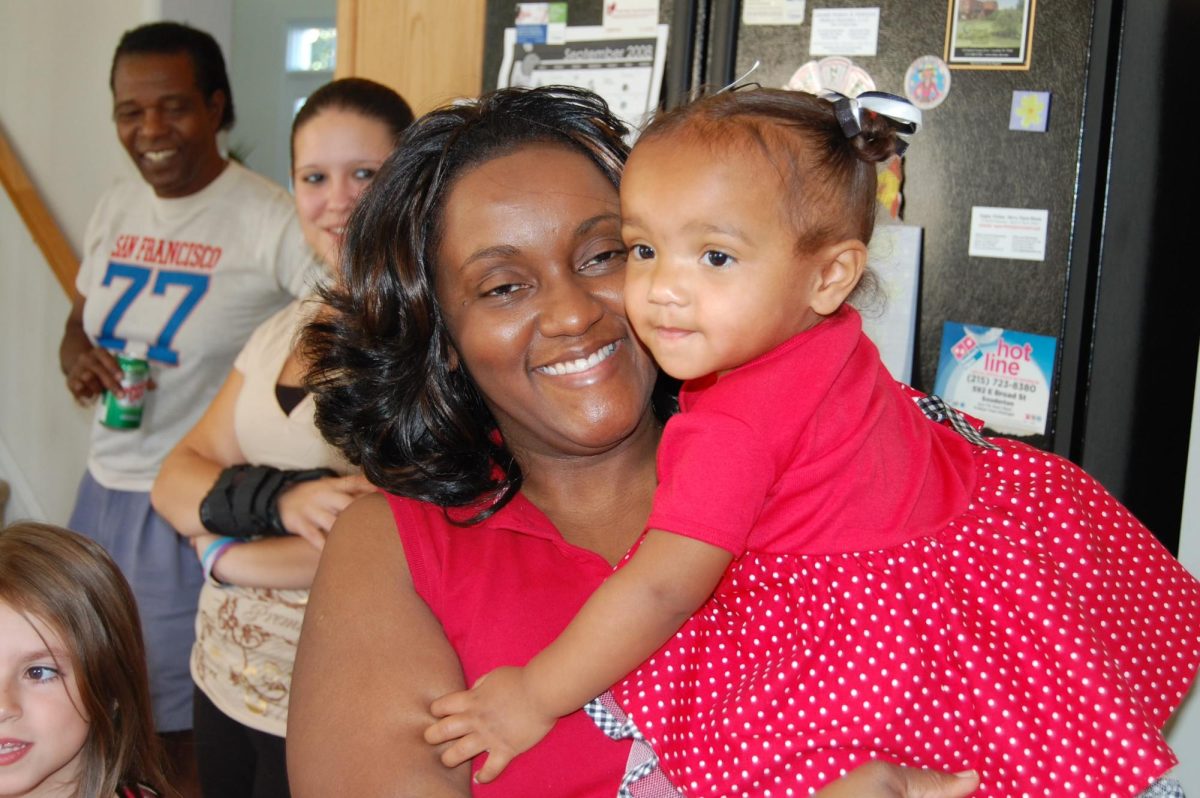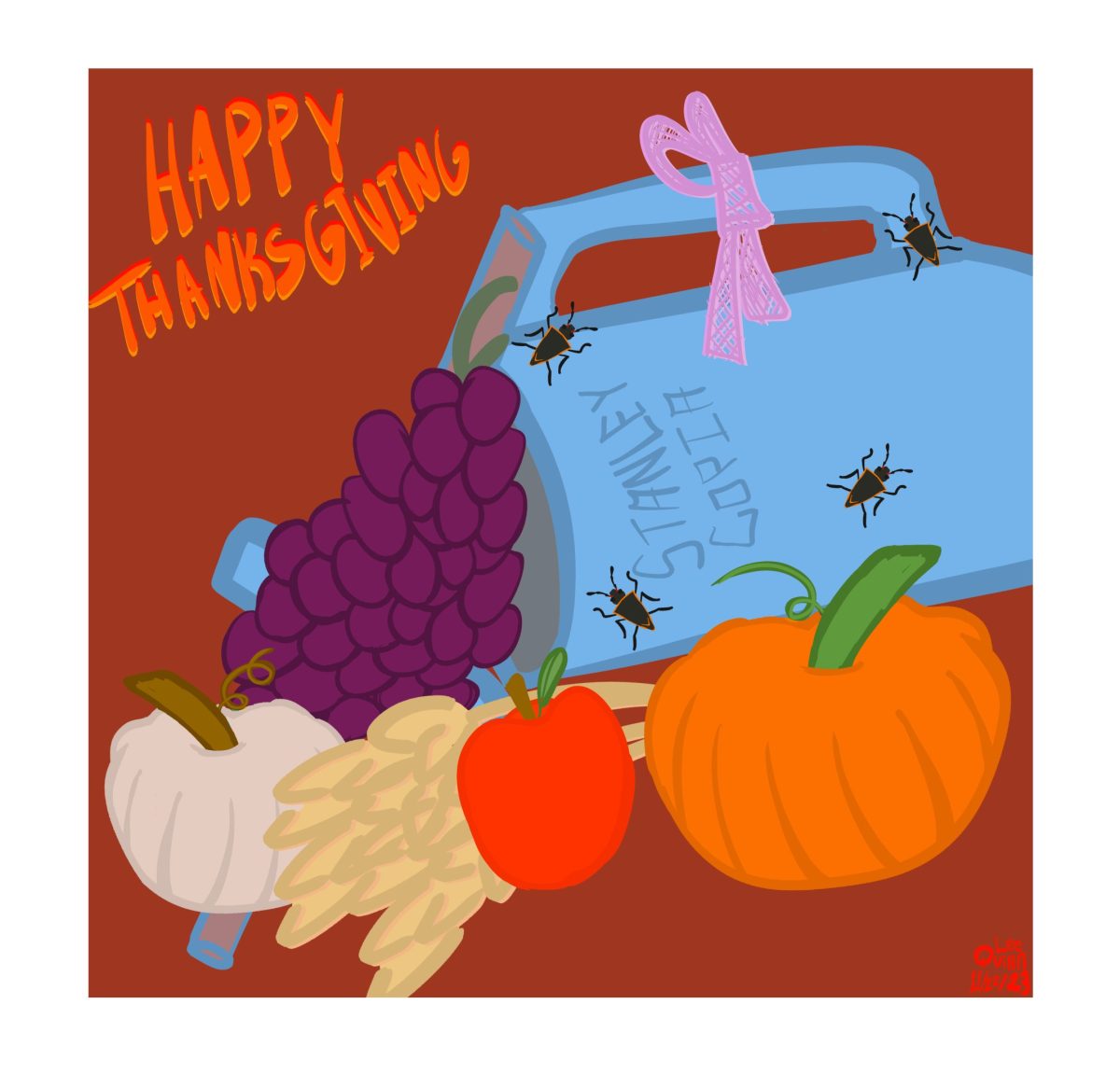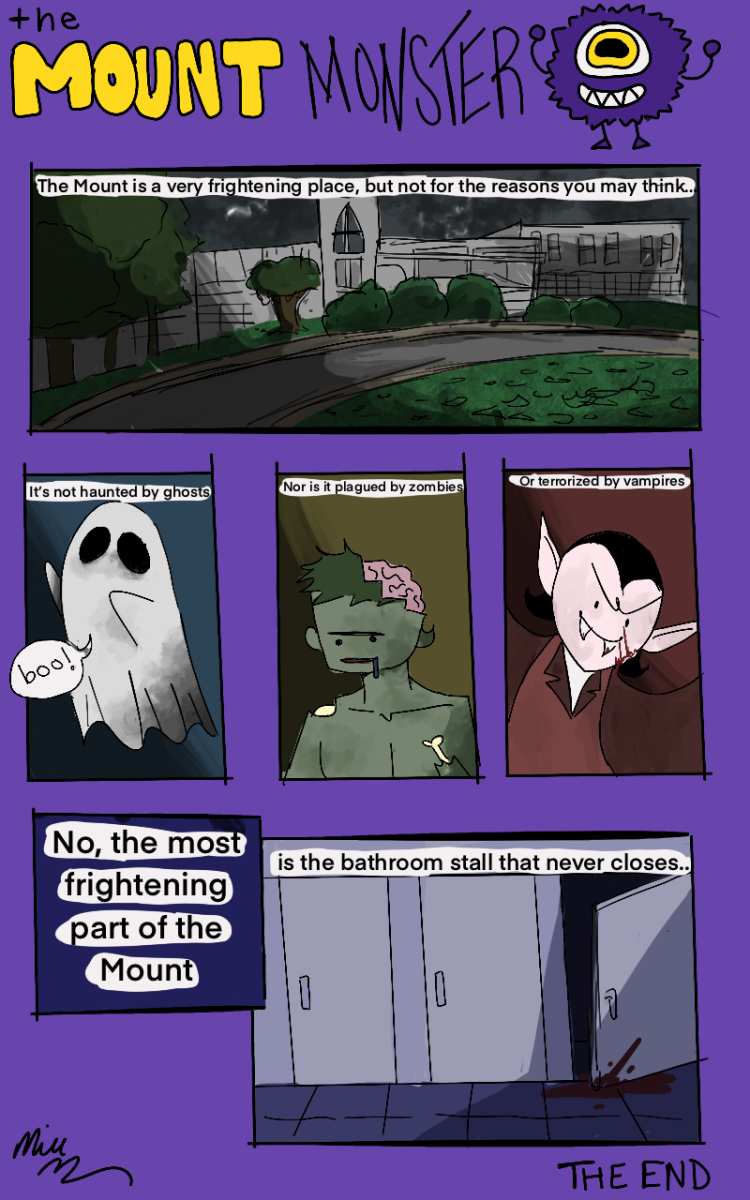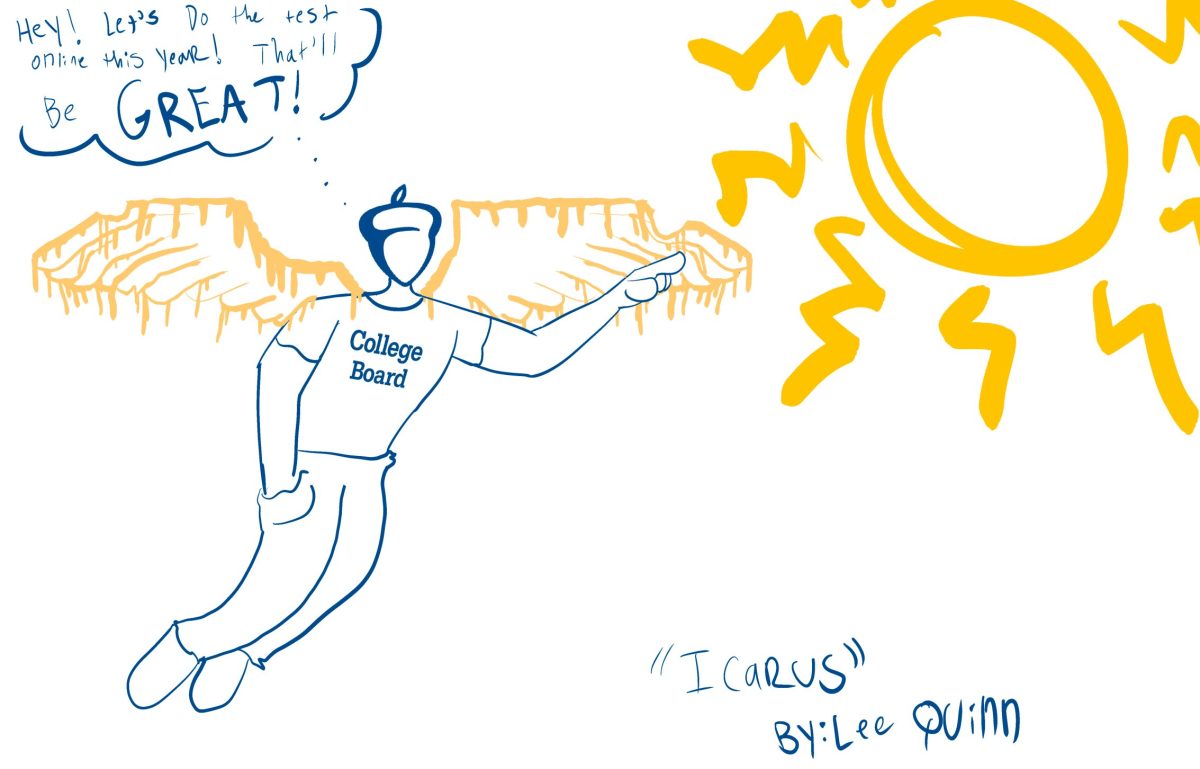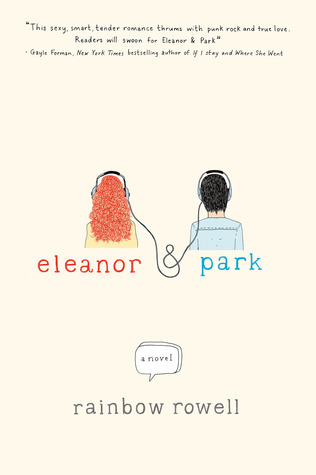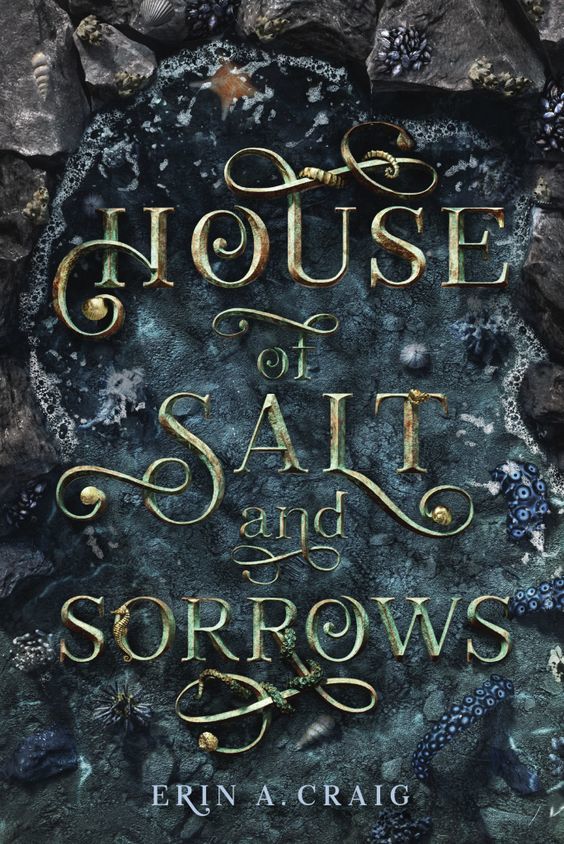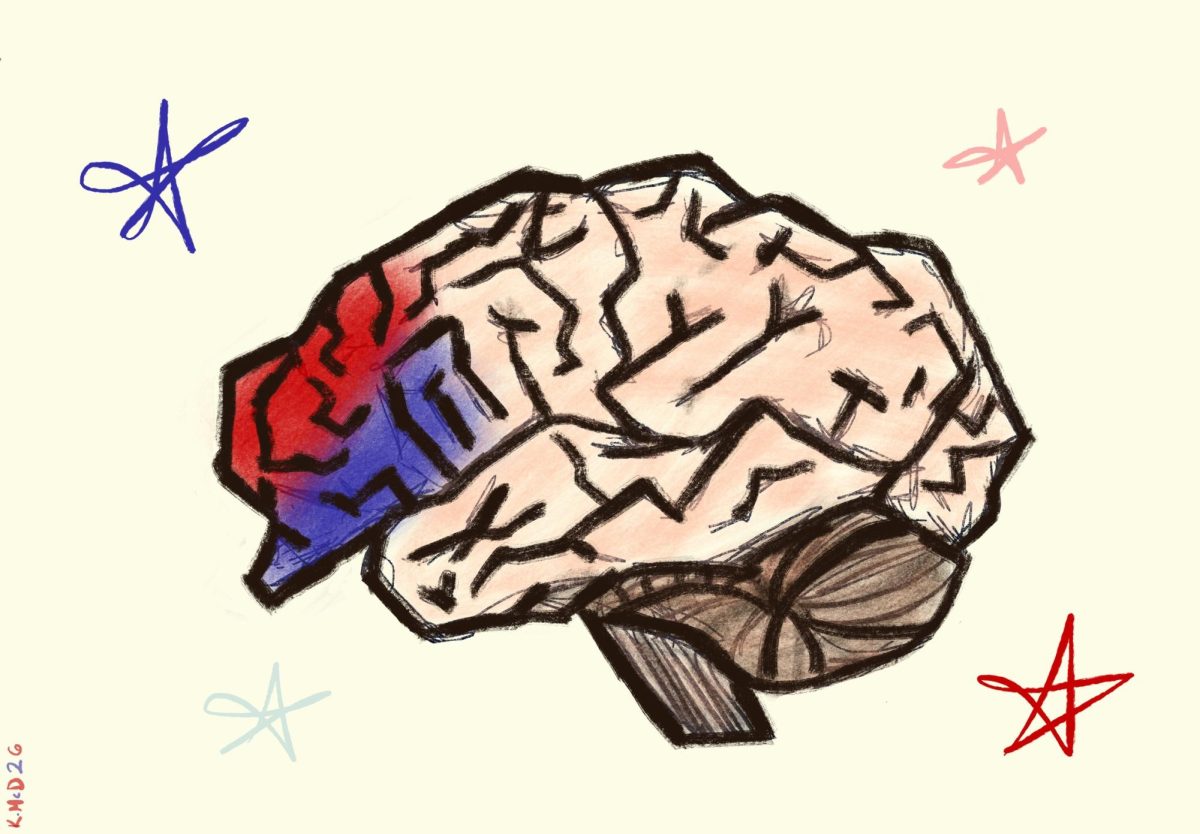Politics have been around since the very beginning of government. More prominent than ever in 2024 with a presidential election on the horizon in just a few weeks, Americans have become engulfed in political discourse and disagreement.
In the past decade, politics have become a topic that spurs hostile conversation between families and friends. It is absolutely heartbreaking to see friendships end over a political disagreement, families separated due to who they voted for in the last election, and to see Americans from California to Florida attack each other over a single social media post. It is scary to see the depth of the detestation between Americans.
The lost art of listening
“Having the capacity to listen to another perspective and then articulately state our own are life skills that need not be cast away,” said Mrs. Alaina Schools in an email. Ms Schools has taught AP Government and AP US History at Mount for over a decade.
“Politics is the art or science of winning and maintaining power in government. It is the activity by which an issue is agitated or settled. The very definition of politics indicates that it is not always going to make for easy discussions, but it doesn’t mean we abandon it,” said Mrs. Schools.
When the topic of politics arises to the surface of a conversation, the tides quickly turn, especially when there is disagreement. People quickly take sides and become so engulfed in their own opinion that they completely close their minds off to hearing what the other person believes. This is something that I like to define as the “politics problem.”
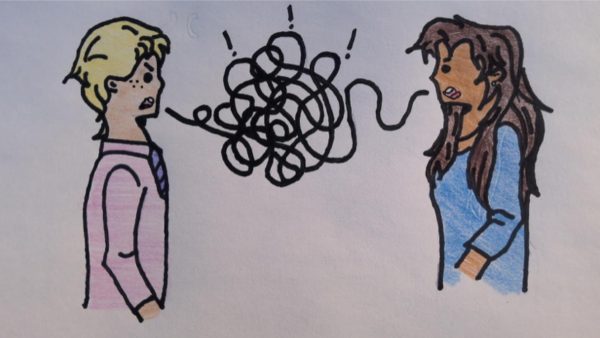
“I don’t think that the problem is with politics, I think the problem is with people. You can’t talk to each other without biting each other’s heads off,” says Lily Dubas ‘26.
Psychological Phenomenons
There is a psychological phenomenon called belief perseverance bias (BPB). According to the National Library of Medicine, “BPB is defined in the Encyclopedia of Social Psychology as ‘the tendency to cling to one’s initial belief even after receiving new information that contradicts or disconfirms the basis of that belief.’”
This phenomenon has become prevalent in modern politics, with Americans digging their heels further into their own biased opinion despite new evidence being presented to them.
According to Psychology Today, it is human nature to cling to one’s own beliefs and swipe away threats that contradict them. When humans are uncomfortable in conversation, they do not know how to handle the discomfort. They resort to arguing in an attempt to rectify the situation. Sometimes humans will do whatever it takes to “win” the argument (Psychology Today).
“As Americans we are very competitive. We almost see politics like a sports team. People are aligning themselves with the party not necessarily because they believe what they’re preaching, but because that’s their team,” Ms. Beren, Dean of Student Life said.
People start to define each other by their beliefs. Democrats and Republicans think the other’s opinions are “crazy” and villainize each other. There is a looming threat of tribalism that is becoming increasingly prominent in both parties, with extremists being convinced that the other party will ruin America.
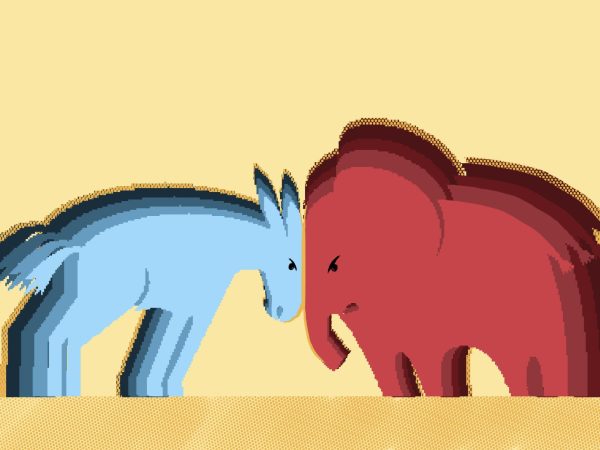
“Political extremism is not an American ideal and I feel it never will be. A person’s political party does not define their ideals,” says Gabrielle McCall ‘26.
America has a wide variety of opinions
While there are certainly very far left leaning voters and far leaning right voters, not all Americans even identify as Democrat or Republican. And while about half the country leans left and half leans right, that doesn’t mean that Americans are 100% Republican or 100% Democrat. An American can be registered as a Democrat but still hold Republican beliefs and vice versa.
While she is now Dean of Student Life, Ms. Beren formerly taught AP Government courses and presented a political quiz to students that assists in determining where you fall on the political spectrum. Many students found that they were either mixed in beliefs or actually aligned with values of the party to which they were opposed.
“In terms of political polarization, it’s the small group that tends to be the loudest. The majority of Americans are actually moderate,” Ms. Beren said.
The truth is that there is a wide range of political beliefs. There are over 300 million people living in America, with 300 million different opinions, backgrounds, and core beliefs.
“You can’t box all of America into one size fits all,” says Lily Dubas ‘26.
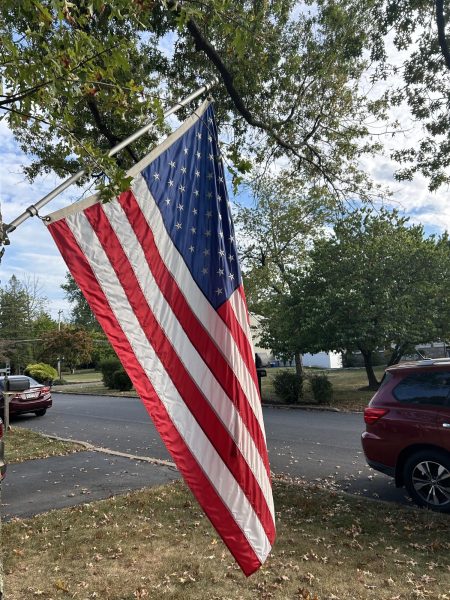
“Two people can live through the same event and have two totally different points of view on it, depending upon their background, their values, their age, their faith, their ethnicity, their gender, their socioeconomic status, their profession, their education level, their geographic location and more. The United States, being so diverse in all of these things, has many points of view from which to form an opinion and that is what makes America amazingly unique,” says Mrs. Schools.
Some Americans hear that someone has another opinion, they immediately make assumptions and make judgments about who they are as a person. If it is not one’s own opinion, it is simply wrong.
When voters only fill their inner circles with people who agree with them, not only are they missing out on the other half of the population, but they miss out on opportunities for controversial, thought-provoking conversations. Controversy is what triggers critical thinking to make a better country, to think about things from a different perspective. No change ever came in history without controversy.
“I think the best way to navigate any conversation is with respect. Avoiding difficult conversations because they are contentious is letting the divisiveness win,” said Mrs. Schools.





